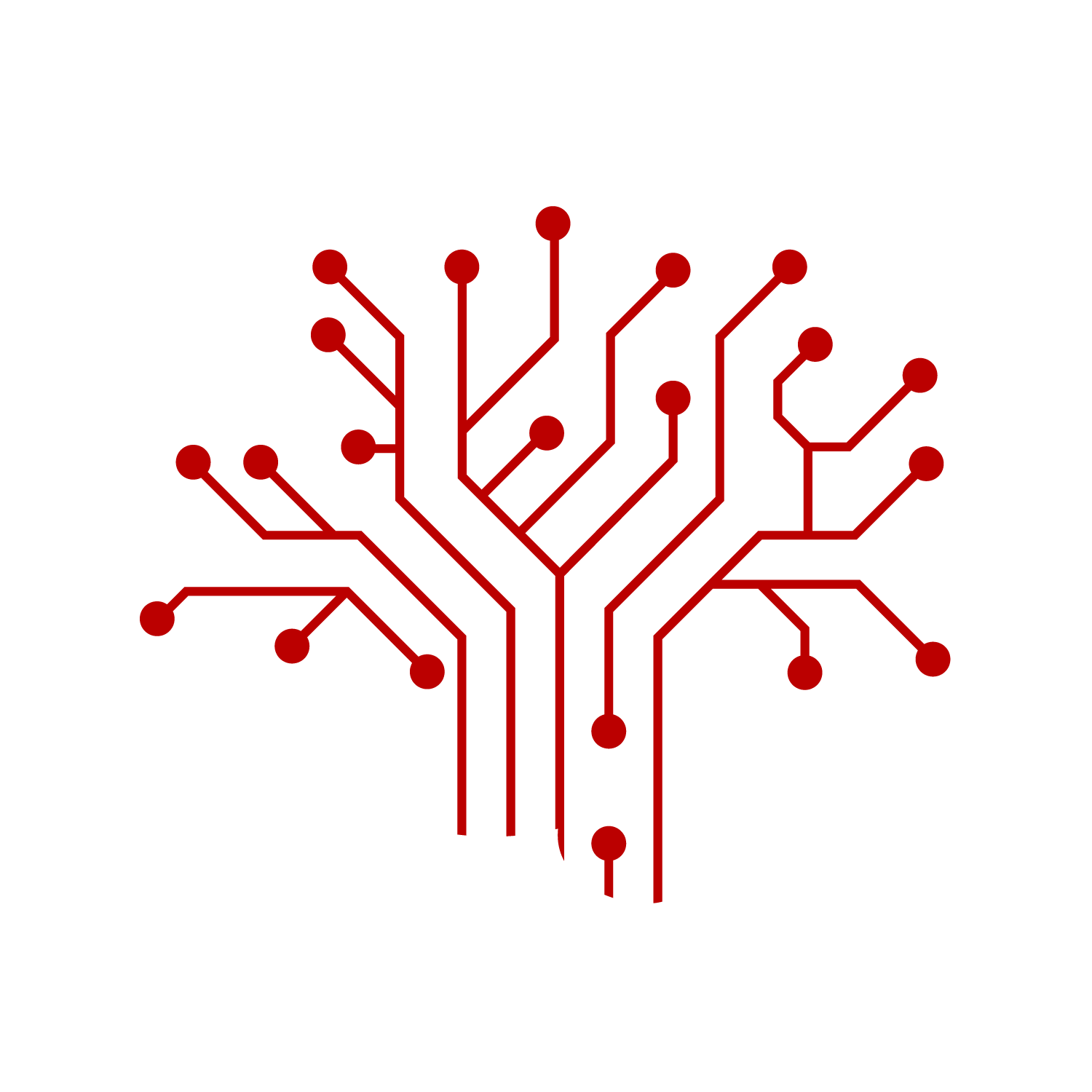Ph.D. in Neural Computation Courses and Activities
The program consists of the following core activities:
- Coursework in computational neuroscience, quantitative methodologies and experimental neuroscience
- Exposure to experimental approaches through rotations or thesis research
- Training in teaching, scientific presentations and responsible conduct of research
- Successful defense of a Ph.D. Thesis
Additional satellite activities through the CNBC will also foster students’ professional and scientific development.
Course requirements
The coursework is designed to ensure that students are well trained in neuroscience and that they also receive in-depth training in a set of quantitative approaches relevant to the field of neural computation.
A typical student will take 2-3 courses per term in their first year and complete all coursework by the end of their third year in the program. Because of differences in background and educational goals, course requirements for each student in the program will be adapted to their individual needs.
Core Course Requirement
Students will gain graduate level training through coursework in the following three areas: (i) cell and molecular neuroscience/neurophysiology, (ii) systems neuroscience, and (iii) cognitive neuroscience. Courses fulfilling this requirement include
- (i) 03-762 Advanced Cellular Neuroscience (CMU) or NROSCI 2100/2101 Cellular and Molecular Neurobiology (Pitt)
- (ii) 03-763 Systems Neuroscience (CMU) or NROSCI 2102 Systems Neuroscience (Pitt), and
- (iii) 86-765 Foundations of the Neural Basis of Cognition.
Computational Neuroscience
Students are required to take at least three computational neuroscience courses, including mathematical, statistical and computational approaches.
To complete the computational requirement, students must take:
- 86-718 Brain Computation (CMU)
- Two additional computational electives selected by the student.
Recommended courses fulfilling the computational elective requirement include:
- 10-733 Representation and Generation in Neuroscience and AI (CMU)
- 15-686 Neural Computation (CMU)
- 15-883 Computational Models of Neural Systems (CMU)
- 18-698/42-632 Neural Signals Processing (CMU)
- 85-719 Introduction to Parallel Distributed Processing (CMU)
- 86-631 Neural Data Analysis (CMU)
- 86-675 Computational Perception (CMU)
- 86-752 Principles of NeuroAI
- BIOENG 2650 Mathematical Models of Biological Learning (Pitt)
- MATH 3370 Mathematical Neuroscience (Pitt)
Quantitative Methods
Students must take at least two graduate level courses in one quantitative subject (e.g. math, computer science or statistics) to ensure depth of knowledge in this area. Courses listed above under the Computational Neuroscience requirement are not eligible to fulfill this requirement. Under the quantitative methods requirement, we have identified two examples of focus areas:
Dynamical Systems focus
- MATH 2940 Applied Stochastic Methods (PITT)
- MATH 2950 Applied Math Methods (PITT)
Statistics and Machine Learning focus
- 10-701 or 10-715 Machine Learning (CMU)
- 36-705 Intermediate Statistics (CMU)
- 36-707 Regression Analysis (CMU)
Other foci, including “brain imaging and signal processing” have been discussed and may be added as recommended course sets, subject to approval by the program co-directors. Note that to be eligible to take certain of these course, students might first need to complete course pre-requisites. These pre-requisites would not count towards the two course depth requirement.
Program Milestones
Progress in the program is tracked based in part on students’ successful completion of program milestones. A committee selected by the student and approved by the program director evaluates the performance on milestones.
First year research requirement
By the end of the first calendar year in the program, all students are required to complete a computational project. This project will be evaluated by a committee consisting of at least three faculty, of whom at least two are PNC training faculty. The project requires the student to identify a biological problem, understand the data collection process, articulate the goals of building a model or performing a particular kind of analysis and implement this computational approach. In some cases this project may be a precursor to the student’s eventual thesis project.
Second year research requirement
In the second year, students are expected to work on research about 1/3 of their time during the academic year and full time during the summer. By the end of the second full year in the program all students are required to complete a deeper computational project. The student’s work on the project should demonstrate that the student has 1) the ability to analyze and interpret experimental data in a particular area 2) the ability to develop and implement a computational approach incorporating the relevant level of biological detail and 3) the ability to organize, interpret and present the results of the computational work. This project should be a body of work suitable for publication.
Ph.D. Thesis proposal
Required coursework should be completed by the end of the third year. During the fourth year a Ph.D. candidate should present a thesis proposal to his or her thesis committee and the community. The thesis proposal should include: a succinct summary of the proposed research problem; the significance of the proposed research; a review of relevant literature relating to the problem; a review of the candidate’s work leading up to the thesis, including preliminary results; a clear statement of remaining research; and a tentative schedule for completing the work.
Ph.D. Thesis Defense
Normally, the dissertation is completed during the student’s fifth year. The thesis defense is your chance to present the culmination of all your work and research to the neuroscience community and field questions from your thesis committee.
Additional Requirements
- All students will complete Responsible Conduct of Research Training.
- In order to build skills in teaching, mentoring, communication and management, each student will be required to serve as a teaching assistant for two courses during their career as a graduate student in the program.

